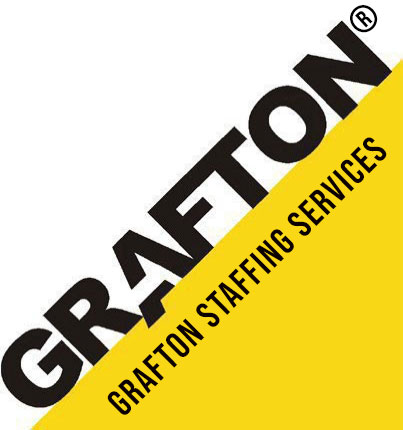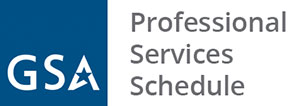7 Interviewing Tips for Hiring Managers
 Post written by Cheryl Mayfield
Post written by Cheryl Mayfield
Unemployment is at an all-time low. With more jobs than workers, it’s definitely a candidate’s market.
Because of those factors, hiring managers have to adjust to the new status quo as most candidates have other options on the table.
With that in mind, here are some tips that will help make sure you, as a hiring manager, have successful and meaningful interviews.
Interviewing Tips for Hiring Managers
1. Interview Flexibility is Key
The first step is to have flexible interview timeframes for candidates. With so many companies hiring, you don’t want to lose a great candidate simply because you couldn’t conduct the interview in a timely fashion.
To maximize your chances of getting the top players, reach out to applicants within 48 hours of receiving their resumes and schedule an interview within 72 hours.
2. Research Your Candidates Before the Interview
Before going to the interview, do research on your candidates. Look them up on LinkedIn and check out their experiences and interests. Also, make sure to familiarize yourself with their resume. Why? Because nothing looks quite so bad as a manager reading the resume in front of the candidate as though it’s the first time they’ve ever seen it.
3. Get Your Questions Ready and Take Notes
 Come prepared with a few questions written down to ask candidates and take notes so you have them when you’re comparing candidates.
Come prepared with a few questions written down to ask candidates and take notes so you have them when you’re comparing candidates.
Questions should be relevant to the job at hand and should also include a couple of brain scratchers that give candidates the chance to actually speak to their skillsets.
For example, instead of asking a candidate “Are you good at time management?” ask them how they manage their time efficiently on a busy day.
This way you get more than a Yes/No answer and it will be easier to determine if the candidate has the skillsets you’re looking for.
4. Limit Personality Assessment Questions
While personality definitely plays into the culture of any team environment, it will be hard to get a good gauge on a candidate’s personality through just one meeting.
People can be nervous and are usually on their “best behavior” during a job interview. To save time and have a productive interview, limit personality assessments to one or two questions.
5. Allow Time for the Candidate Questions
During an interview it is easy to get caught up asking the candidate so many questions that you end up running out of time before the candidate has time to voice any of the questions they might have about the company/position.
Allow at least 10-15-minutes toward the end of the interview for the candidate to ask questions about the position, company, culture, etc.
This is also a great time to throw in some interesting facts or “hooks” about the role that will entice the candidate to want the position even more. For instance, let them know that you offer a quarterly bonus, just unveiled great new software, etc.
6. Let Candidates Know You’re Interested
If the interview goes well and you’re very interested in the candidate, don’t be afraid to let them know. Candidates are more likely to hold out for a company if they know that they’re wanted and feel good about the opportunity and the interview process.
7. Make Sure Candidates Know Next Steps
While it’s fine to want to interview several different candidates, realistically you might interview the best candidate first and lose them by the time you actually make a hiring decision.
The market is moving fast and you should too. You don’t want to lose a great candidate by dragging your feet during the hiring process. You should ideally end each interview by letting candidates know when they can expect to hear from you…and then be sure to follow up at that time or before!
I hope these tips were helpful. What other tips do you have from your hiring experiences that might benefit our audience? Leave a comment below!

